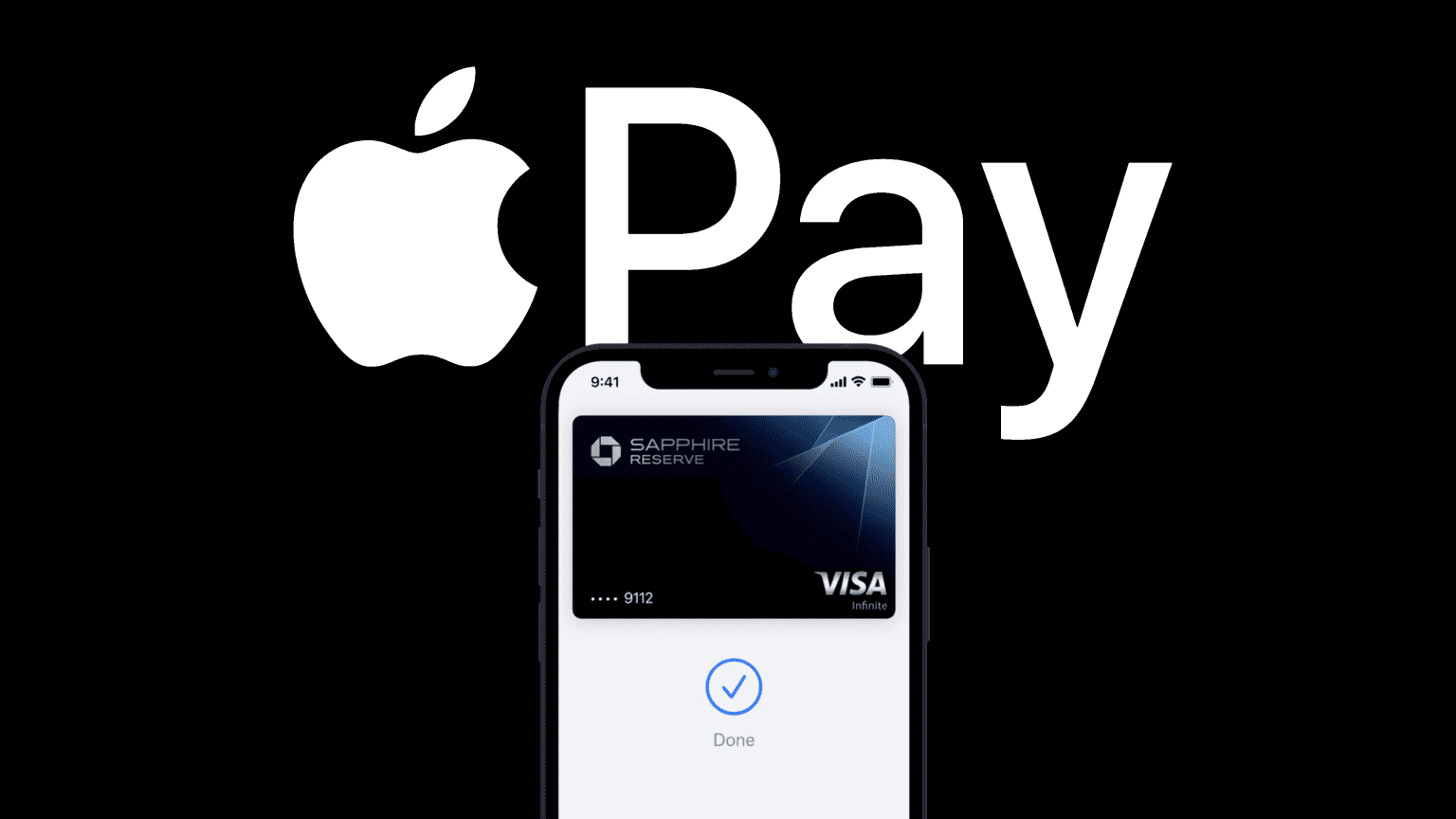Apple recently issued an objection statement to Australia’s federal government over its desire to greatly regulate and thus restrict the company’s Apple Pay service, according to the Australian Financial Review newspaper.
The federal government in Australia would like to have the Reserve Bank – the country’s equivalent of a central bank – have greater oversight and control over digital payment providers. In its statement, Apple argues that such a move would greatly impede and harm the iPhone’s privacy and security, adding that any expanded regulations could markedly withhold innovation and competition in the electronic payments sector.
The company stated that Apple Pay was intentionally created to promote competition by granting greater access to smaller banks and fintech providers, as well as offering customers the freedom to select their preferred card. The company indicated that the surge in competition is a primary factor causing banks in Australia – led by the Commonwealth Bank – to push for the proposed regulations. Currently, the report estimates that Australian banks are paying Apple over $110 million in transactional fees to process Apple Pay payments, and the figure could be why local banks are pushing for tighter oversight over the Cupertino giant.

Discover new horizons, always connected with eSIM
Travel the world stress and hassle-free with the best eSIM service available. Enjoy unlimited data, 5G speeds, and global coverage for affordable prices with Holafly. And, enjoy an exclusive 5% discount.
Under current laws in Australia, the Reserve Bank cannot request data from tech companies like Apple. The Bank is also limited from applying price regulations similar to those of credit card companies or enforcing rules regarding smartphone accessibility. Apple would like to sveltely bypass such proposed powers by arguing that Apple Pay is nothing more than “a digital reproduction of a physical wallet, and no more a payment system or participant than an actual physical wallet would be,” according to a section of the issued statement to the government and obtained by the publication.
Apple does not issue debit, credit or prepaid cards in Australia, nor does Apple acquire, process, authorise or execute transactions.
Apple is neither an issuer nor an acquirer for existing regulated payments systems, and at no point does Apple handle a payer’s money or have any control over any payments or transfer of value. Apple Pay does not store any details of a cardholder’s existing debit, credit or prepaid card and does not have access to a user’s account to determine whether funds are available or store any value or funds.
Sections from Apple’s statement
Apple further argues that Apple Pay does not constitute any “financial and operational risks” to Australian banks, merely acting as a technical intermediary that provides a “safer and more secure way” for digital transactions. However, the publication reports that the proposed law clearly labels digital wallet providers as “participants” subject to elevated regulatory scrutiny. Apple responded to this by claiming that there has been no need for involvement of this caliber.
The emphasis of financial regulation should center on real risks, maintain proportionality, and be aligned with a system’s specific role, Apple stated. It stressed that any intervention must be evaluated based on overall public gains. The company also cautioned that the proposed legislation by the government might inadvertently raise obstacles for sector entry for potential competitors in addition to featuring unclear written definitions in the jargon of the proposed law.
It remains to be seen if today’s statement would make any difference to the proposed legislation, which is set to be voted on by the Australian parliament by the end of this year. Though Apple does raise some genuine points, particularly considering Apple Pay as just an intermediary between merchandisers and banks, it’s unlikely that this argument would be enough to sway representatives of the Australian parliament to vote against the legislation.



